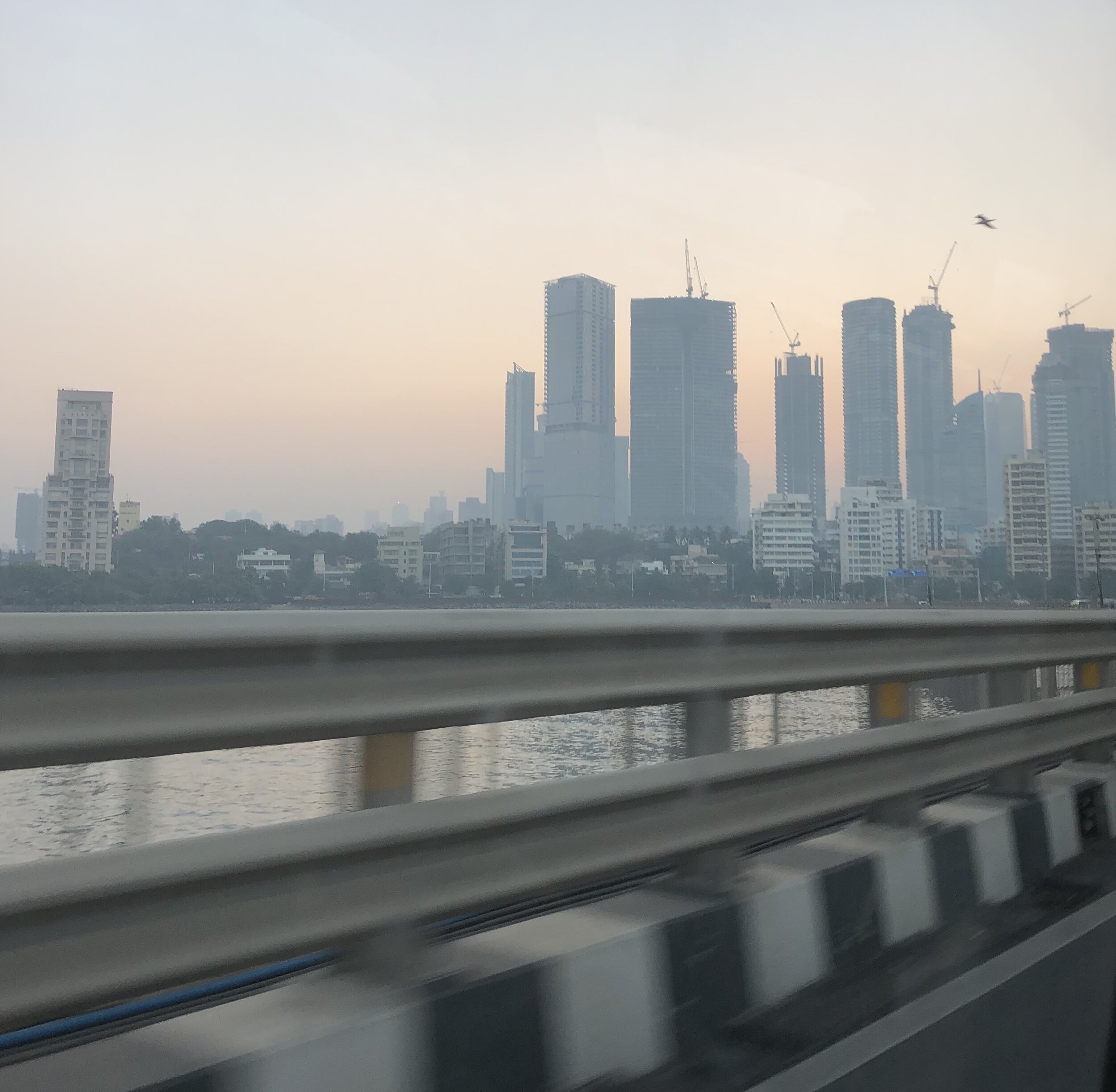
Teaching

Teaching has been absolutely critical to my development as a researcher. Teaching necessitates making complex ideas available to students and it is precisely this work of intellectual translation that excites me as a scholar. I believe that teaching involves a lot of learning and, for this reason, keeps the scholarly sensibility sharp and keeps scholarship relevant.
Below, I list the courses I have developed and feel free to email me for a copy of the syllabi.

Gender in the City
(Taught at Yale NUS College and the University of Chicago)
This course is designed to introduce students to some of the key concerns at the intersection of gender studies and urban studies. While there is a plethora of literature that is concerned with thinking about cities and urban spaces through the lens of social inequality, this field has focused primarily on relations and inequalities of class and race. Sex and gender, on the other hand, has remained at its margins. In this course, we will take gender relations and sexuality as our primary concern and as a constitutive aspect of social relations that vitally shape cities and urban life. We will examine how gender is inscribed in city landscapes, how it is lived and embodied in relation to race, class, and sexuality, and how it is (re)produced through violence, inequality, and resistance. Key topics we will address include concepts of public/private spheres; politics of respectability; sexual violence and public spaces; pleasure and sex in the city; gender and transport; and feminist urban planning.
Urban Life in South Asia
In this course, we will discuss concepts, contexts, and constructs critical to the study of urban life in contemporary South Asia. Drawing on a wide range of interdisciplinary social scientific literature, we will think closely, and collectively, about the historical trajectory of urbanization in South Asia (particularly the role of colonial governance in the (re)making of cities) and its manifestations in the way urban life is experienced in South Asia today. The course provides theoretically informed perspectives on social, cultural, and political life in urban contexts throughout South Asia through attending to histories and legacies of colonialism and development alongside novel forms of governance and claims to the city. Along the way, it will unpack competing and complementary interpretations of citizenship, that play out at the level of the street or the neighborhood. We will pay particular attention to the technologies of government and planning, insurgent modes of claiming space and rights, the politics of difference and belonging, and the role of built form and infrastructural technologies.
This class investigates notions and ideas of “the state” through an ethnographic and anthropological approach. We pose the questions: What is the state? How can one think of the state: as an abstract reality, an institution, a process/mode of governance, or a cultural formation? How does it govern, regulate, or relate to its citizens and subjects? What are its powers and limitations? To what extent can we speak of “it” as a clearly formed entity? Why types of relations, constructions, routines, and subjects do we speak of in discussions of the state? What alternatives can we imagine beyond the state? How do people speak or relate to the state in their day to day lives? In this class, we will contemplate and rethink conceptions of the state. We will think through how formations of the state intersect with class, race, gender, religion, ethnicity, and even the body. By reading different anthropological, humanities, and other social science texts, we will address colonial and post-colonial states, everyday perceptions of the state, the state’s borderlands, notions of a “failed state,” and how perceptions and practices of the state seep into people’s everyday lives and struggles.
Issues in State and Society
Life In Transit: Transportation and Society
This course is designed to introduce students to think sociologically about an understudied aspect of social life: transportation. In this course, we will examine how transport implicates – and is implicated by – historical, structural, and cultural processes. Drawing on a wide variety of interdisciplinary scholarship that deals with transport and society, we will collectively work towards thinking through the relevance of studying transportation in urban life. To this end, we will think through several different modes of transit in several cities across the world through salient analytical lenses. Some issues we will address in this course will be - the politics of transport planning, labor issues in transportation sector, gendered and racial experiences of transit, emotions (from road-rage to joyriding) and interactions on the road, narratives of automotive risk and ‘road safety’, and contemporary technological innovations.